Discover the Majesty of Ruaha National Park: Nestled in the heart of Tanzania’s untamed wilderness, Ruaha National Park stands as a testament to the raw beauty of Africa. As the country’s recently expanded largest national park, Ruaha spans over 15,000 sq km, boasting a unique ambiance defined by ruggedness, remoteness, and an almost spiritual quality. Its vast landscape, with elevations ranging from 900m to 1,100m, is adorned with ancient baobabs, kudus, gazelles, ostriches, and roan and sable antelopes. The Great Ruaha River to the east adds to the enchantment, providing a habitat for crocodiles, hippos, and a diverse array of birdlife.
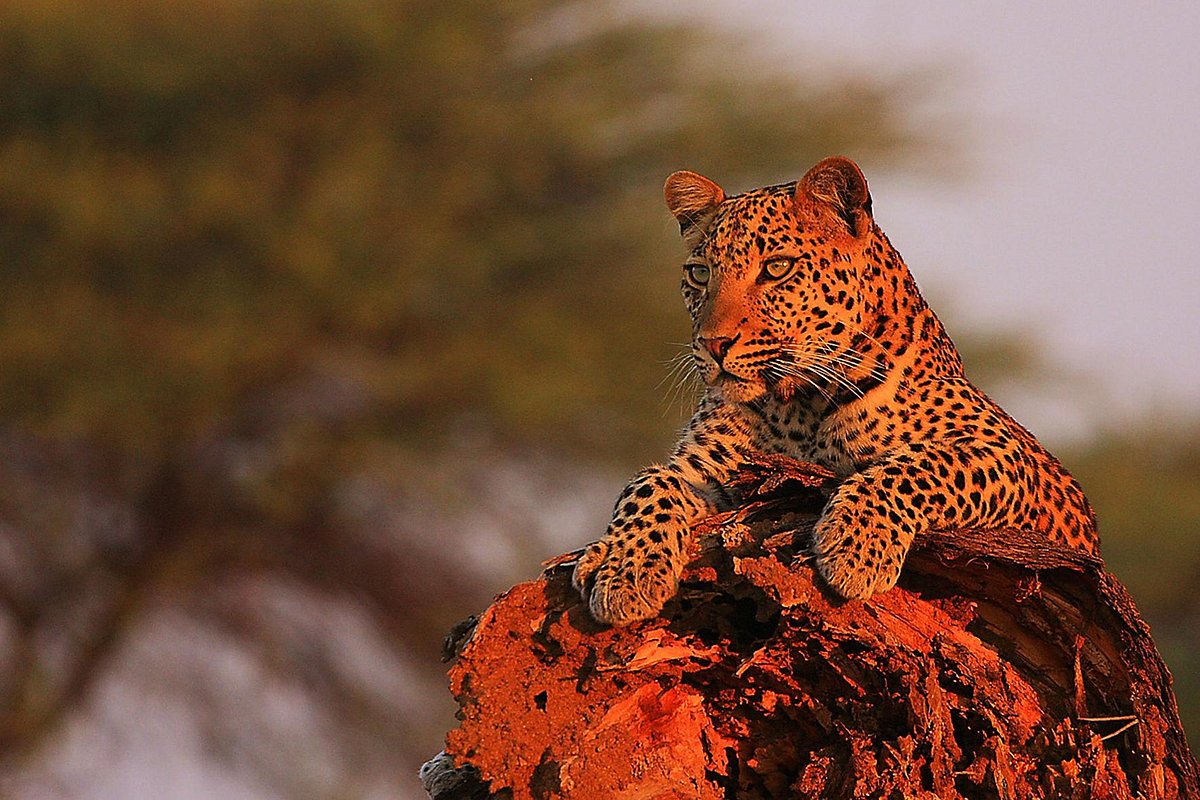
A Land of Contrasts and Diversity: Ruaha National Park, established in 1964, is a newer addition to East Africa’s reserves, offering endless horizons, sprawling plains, and diverse wildlife encounters. Recently expanded to a staggering 20,226 square kilometers, Ruaha has incorporated the Usanga Game Reserve and other wetland areas, solidifying its status as the largest protected area in Tanzania.
Despite its grandeur, Ruaha remains a hidden gem, drawing fewer tourists and maintaining an air of mystery. This, combined with exceptional wildlife sightings, positions Ruaha as a spectacular destination for those seeking nature in its purest form.
Wildlife Extravaganza: Ruaha’s claim to fame lies in its unparalleled wildlife-sighting opportunities. Hosting approximately 10% of the world’s lion population, Ruaha has earned recognition as a Lion Conservation Unit since 2005. The Big Cats of Ruaha, a National Geographic documentary, showcased the park’s predator-rich landscape, featuring three lion families sharing hunting grounds in the picturesque Mwagusi River oasis known as ‘the Glade.’
Diverse Ecosystems of Ruaha: Ruaha’s vastness encompasses diverse biomes influenced by the changing seasons. From mountainous regions and baobab groves to expansive plains, the park showcases varied and dramatic scenery. The landscape transforms during the rainy season, turning dry, arid plains into lush, green fields that attract migratory birds from Europe, Asia, Australia, and Madagascar.
Elephant Paradise: Ruaha’s ecosystem harbors the largest elephant population in East Africa, defying the challenges of heavy poaching. Over 12,000 elephants migrate through the greater Ruaha area annually. Visitors have the unique opportunity to witness elephants using their trunks and tusks to dig for freshwater along desolate riverbanks during the dry season, a behavior even adopted by some of the park’s lions.
Predator Kingdom: The Ruaha Carnivore Project, established in 2009, stands as a dedicated conservation effort, protecting the park’s abundant large carnivore population. Ruaha boasts roughly 10% of the world’s lion population, with prides exceeding 20 lions regularly sighted. The park is also home to the third-largest remaining group of critically endangered African wild dogs, cheetah populations, hyenas, jackals, and leopards.
Antelopes and Birdlife: While predators take center stage, Ruaha also features a vast array of antelope species, including the lesser and greater kudu, Roan, and sable. Over 500 bird species call the reserve home, offering a birdwatcher’s paradise, especially during the wet season.
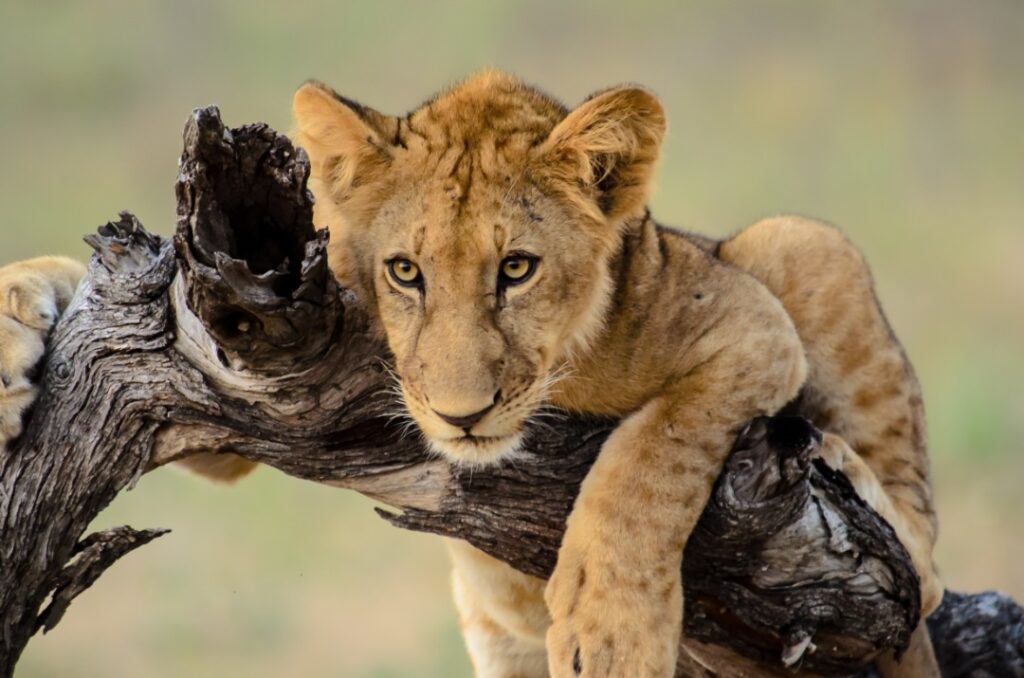
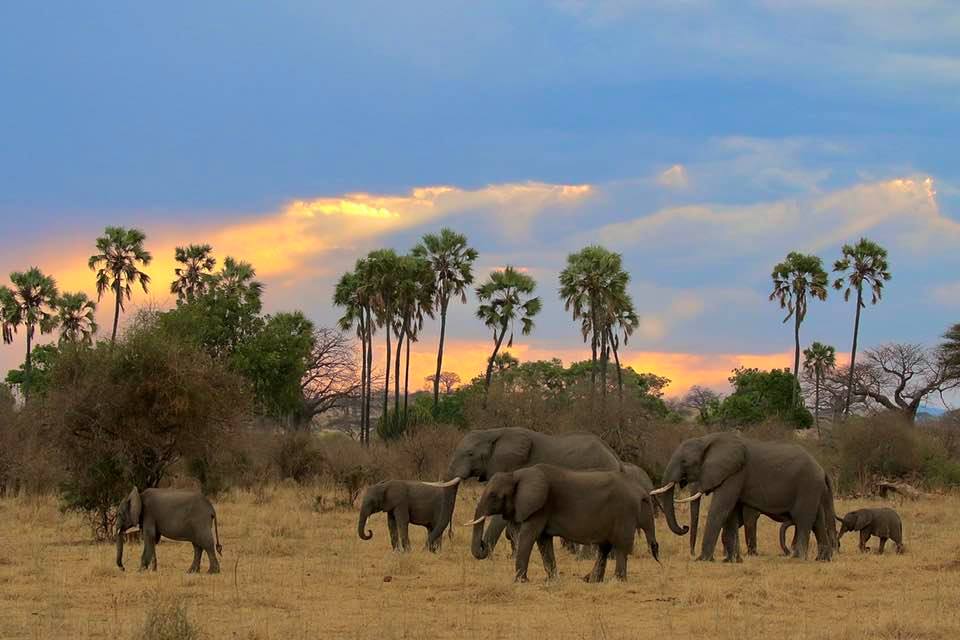
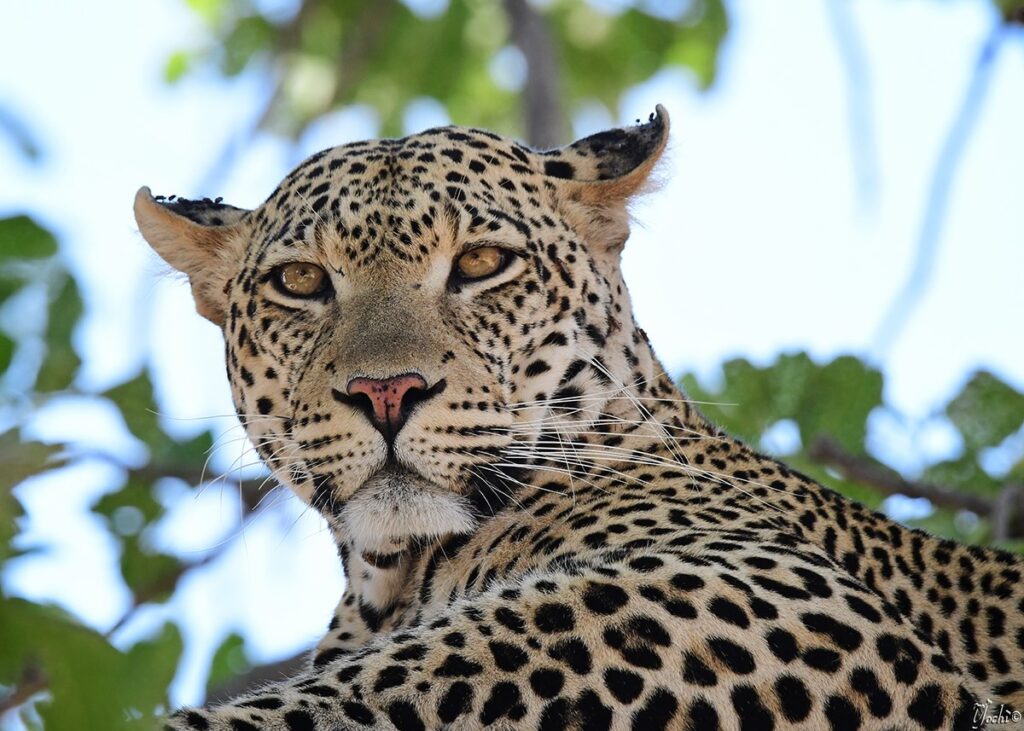
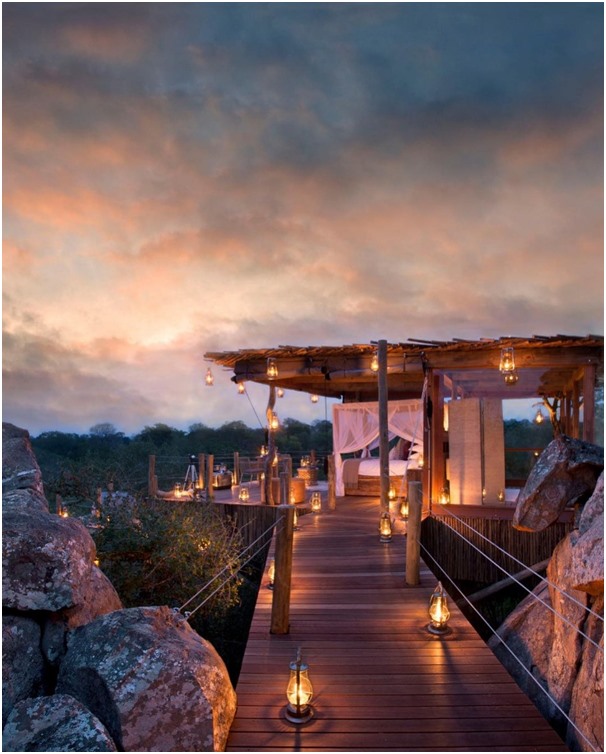
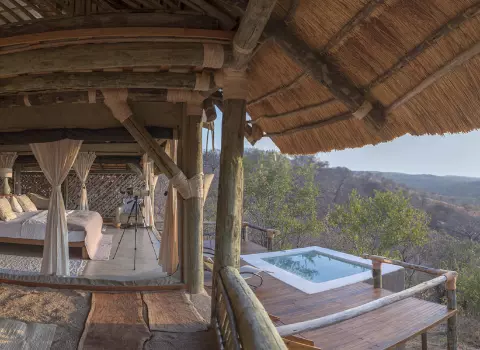
Journey to Ruaha: How to Get There:
- By Air: Coastal Aviation, Auric Air, and Safari Airlink offer daily flights from Arusha, Dar es Salaam, Selous, the Serengeti, and Zanzibar to Ruaha. Two airstrips, located in Msembe and Jongomero, ensure convenient access to the park. Lodge or camp representatives provide transfers to accommodations via four-wheel-drive vehicles.
- By Road: For those opting for a scenic drive, it’s a three-hour journey along a dirt road from Iringa or a 10-hour drive from Dar es Salaam. A recommended overnight stop at Mikumi National Park breaks up the road trip.
Best Time to Experience Ruaha and Weather: Ruaha National Park experiences a dry season from June to October and two rainy seasons. The short rains occur in November and December, while the long rains last from March to May. Being close to the equator, temperatures remain relatively consistent throughout the year.
- Dry Season (June-October): Cooler temperatures around 27°C (81°F) during the day and 15°C (59°F) at night. Optimal for safaris as animals gather at river edges and watering holes.
- Wet Season (November-April): Hot and humid conditions, with temperatures around 28°C (82°F) during the day and 17°C (63°F) at night. Rainfall is common in the afternoons. Ideal for birdwatching, showcasing lush landscapes and migratory birds.
Accommodations: Where to Stay in Ruaha: Ruaha offers a range of lodging options, ensuring a comfortable and immersive experience amid its rugged landscapes.
Luxury Camps/Lodges Inside the Park:
- Ikuka Permanent Tented Camp: Seven luxury tents with panoramic views, an on-site pool, and elegant amenities.
- Kigelia Camp: Six tents in a bush setting, furnished with locally crafted wood furniture, en-suite bathrooms, and safari-style outdoor bucket showers.
- Jabali Ridge: Perched on a rocky outcropping with eight luxury suites, an infinity pool, and a spa.
Mid-Range Accommodations Inside the Park:
- Ruaha River Lodge: Luxury lodge with 24 stone chalets along the Great Ruaha River, offering spectacular game-viewing verandas.
- Msembe Headquarters Bandas, Cottages, and Hostel: Affordable options including self-catering cottages, bandas, and a hostel with basic facilities.
Outside the Park:
- Tandala Tented Camp: Located just outside Ruaha National Park, offering 10 spacious luxury tents with en-suite bathrooms and verandas.
- Ruaha Hilltop Lodge: Nestled on Ideremle Mountain slopes, providing panoramic views, and located 15 km from the park gate.
In Conclusion: Ruaha National Park, with its diverse ecosystems, abundant wildlife, and varied landscapes, stands as a dream destination for nature enthusiasts. Whether it’s witnessing elephants along riverbanks, encountering prides of lions, or marveling at the array of birdlife, Ruaha promises an authentic safari experience. Consider Ruaha for your next adventure and immerse yourself in the untouched wilderness of Africa.
